Bejesus, let there be light
(Dateline Harare) How does it feel when extreme weather events cut off electricity to a few million households though it soon will be restored? Spare a thought, then, for those of us who face blackouts for up to 18 hours every single day.
 If at all, the power comes on in the dead of night. It’s been happening for years. In African climates, God Giveth What Bent Politicians Hath Taken Away: Solar. But it’s costly to install, well out of the reach of most. The cost of battery storage for the sun’s rays is the real killer. And batteries often need mainline electricity to top them up after overcast or rainy days.
If at all, the power comes on in the dead of night. It’s been happening for years. In African climates, God Giveth What Bent Politicians Hath Taken Away: Solar. But it’s costly to install, well out of the reach of most. The cost of battery storage for the sun’s rays is the real killer. And batteries often need mainline electricity to top them up after overcast or rainy days.
Yet during this month’s 5-day regional summit of SADC (the Southern Africa Development Community of 16 member states) round-the-clock power supplies went uninterrupted. As soon as presidents and their hangers-on caught their private jets home BANG! Complete darkness again, caused this time by faults and “instability” on the antiquated national grid, officials of the state electricity monopoly said.
No one explained why there we no outages during the summit. Or from where the power came from so that visiting African heads of state could be lied to that everything in the economy is hunky-dory.
The summit itself was as ineffectual as the local electricity utility. It was billed as convened to address security concerns across the sub-continent. Nothing tangible came out of it other than to renew the region’s failed mediation and peace keeping mission to the long-troubled Congo (DRC) for another year.
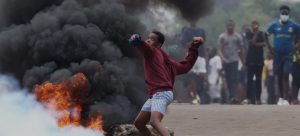 Unprecedented rioting across our border in Mozambique after recent disputed elections got scant attention. Instead, delegates applauded FRELIMO, the ruling party there since independence in 1974, for its latest victory at the polls.
Unprecedented rioting across our border in Mozambique after recent disputed elections got scant attention. Instead, delegates applauded FRELIMO, the ruling party there since independence in 1974, for its latest victory at the polls.
You don’t have to be a rocket scientist to work out what might have gone wrong for so long. Old pals in charge? Gerontocracy (rule by oldies clinging to office and to their outdated liberation ideologies)?
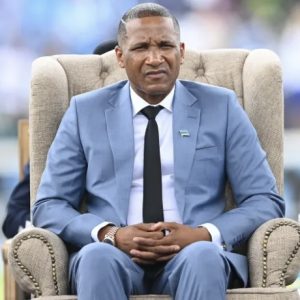 Neighbour Botswana’s new President Duma Boko, 54, a Harvard graduate, is the first black African born after his country’s independence (1966) to win an election. Mozambique’s rioting and tyre-burning – at least 20 protesters were killed in the police crackdown – seem to show new generations are finally fed up with endless monolithic rule. The average age of Africa’s longest rulers is 78.
Neighbour Botswana’s new President Duma Boko, 54, a Harvard graduate, is the first black African born after his country’s independence (1966) to win an election. Mozambique’s rioting and tyre-burning – at least 20 protesters were killed in the police crackdown – seem to show new generations are finally fed up with endless monolithic rule. The average age of Africa’s longest rulers is 78.
Will a new dawn bring a glimmer of light at last?
Hoary old story: What did we have before matches and candles? Electricity, of course.
Apart from the enormous costs in lost production, the incessant blackouts cripple traffic signals (known locally as robots), worsening already chaotic driving and contributing to Zimbabwe’s ranking as the third most dangerous country on the roads, according to this motoring survey based on accident and fatality statistics. 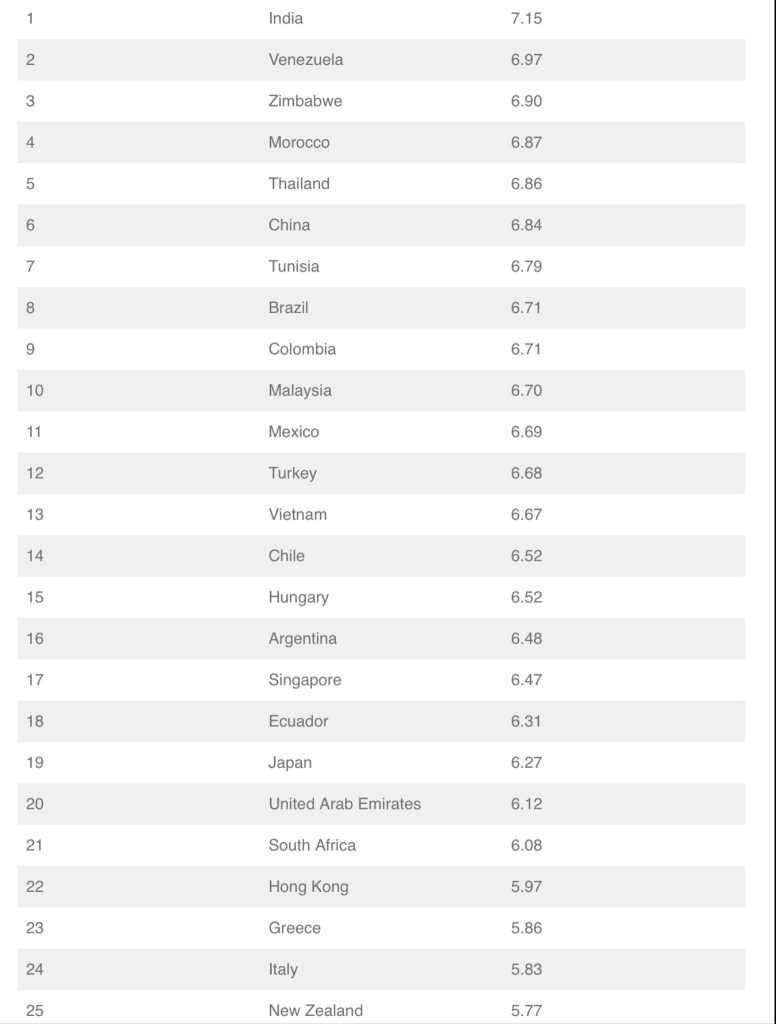


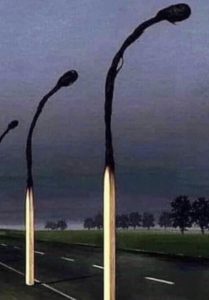
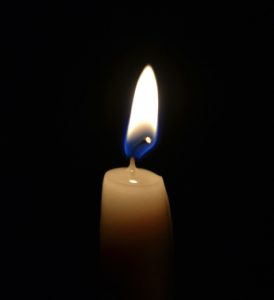
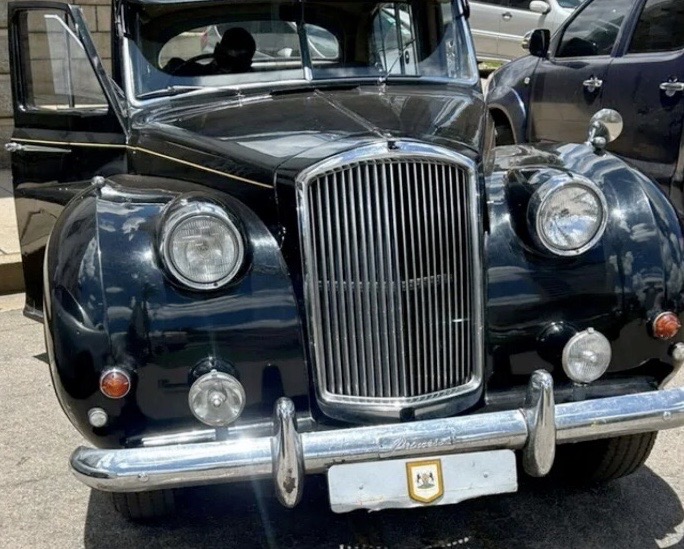



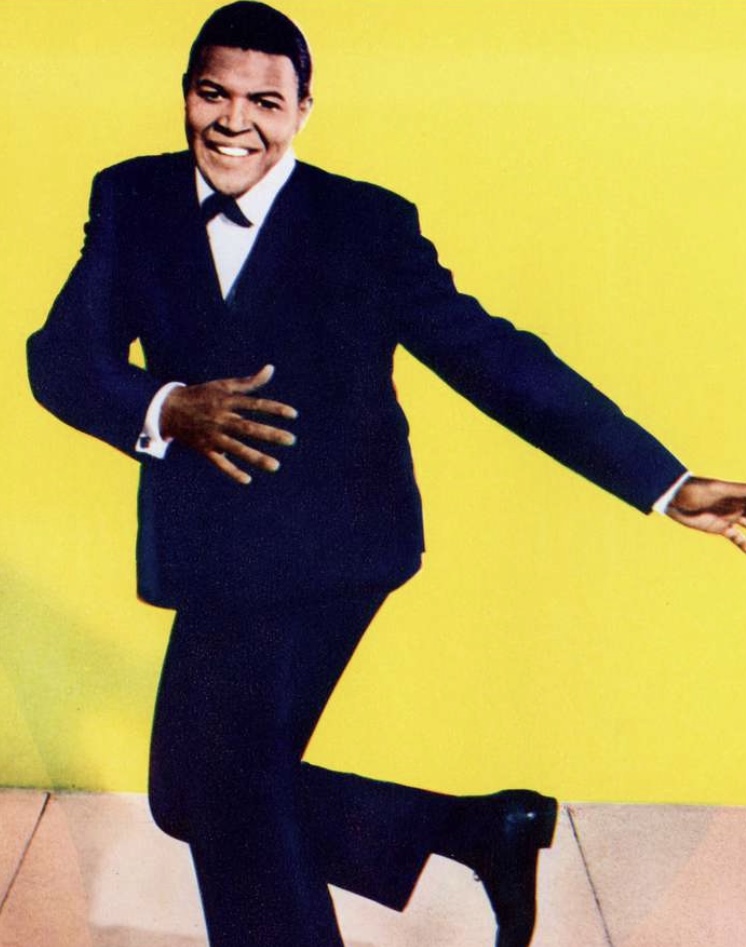


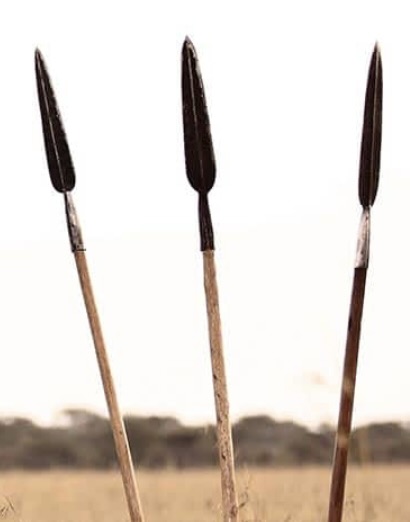
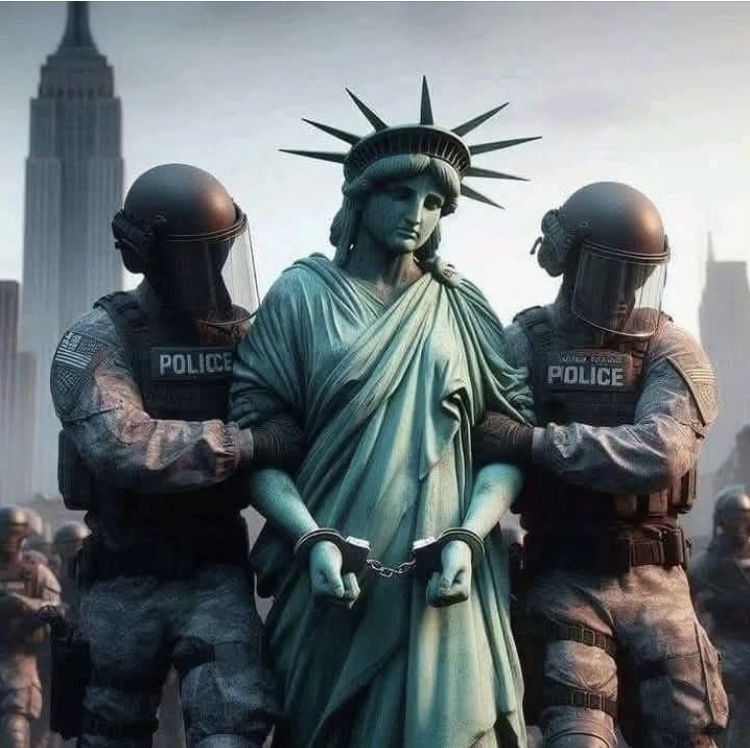
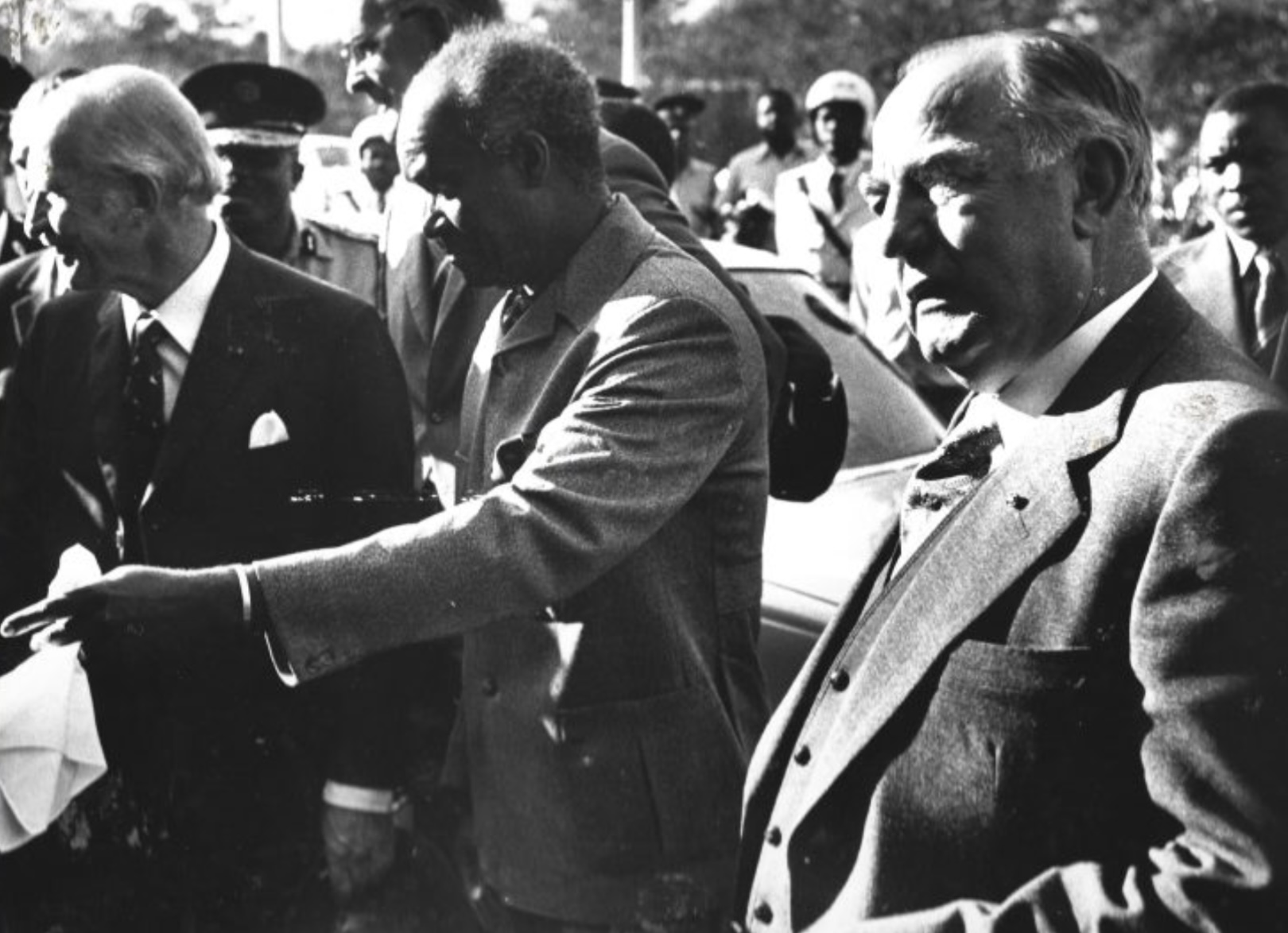
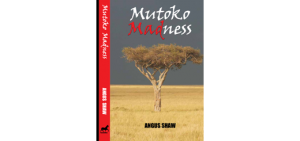
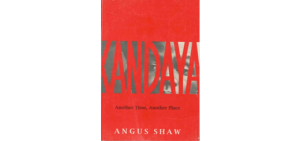

So — thanks for giving me something to be thankful for. Love your words and perspectives.